Essowe Tchalim
Essowe is a fantasy writer, classicist and nerd. Follow him on Twitter at @E.Tchalim. His first published story is coming later this fall in the Kaleidocast.
Classics is the study of the Ancient Mediterranean World, usually with a greater focus on Ancient Greek and Roman cultures. When I attended Brooklyn College, I chose to major in this field partly due to my life-long interest in the subject, but also my fiction always gravitated to secondary worlds inspired by ancient civilizations. The more I learned about real world ancient histories, ways of life, and belief systems, the more nuanced and dynamic my fictional worlds became.
John Crowley brought up Apuleis’ Golden Ass as another example. The tale is of a man named Lucius who, in an attempt turn himself into a bird, instead transforms into a donkey and must find a way to cure himself. What’s most interesting here is that this mistress had a collection of potions (or ointments in some translations) capable of completely altering physiology (Lucius’ having stolen the wrong one)—this being yet another device we often see in science fiction/fantasy.
Jo Walton used Roman philosopher Lucretius to champion this point, speaking of how he conceived of other universes (what we understand as solar systems) as having other inhabited planets like Earth at the center. While this is clearly untrue—the Earth isn’t even in the center of this universe—it does shows that Lucretius was constructing a vision of the cosmos based on his—and that of his time—understanding of astronomy.
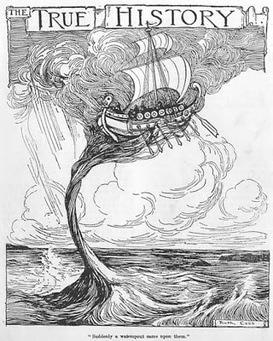
With that said, we should be cautious in claiming the ancient stories as works of science fiction. Ms. Valente aptly stated that the intent of the storytellers must matter in the context of the genre we ascribe to their stories. As filled with elements of science fiction as they may be, these stories were “history and fact” in the eyes of the Ancient Greeks and Romans. This is a stark difference from contemporary SFF writers, who tend to create worlds and concepts that we know are not true.
One of the few writers of antiquity to stray from the Greek framework and approach ours was Lucian of Samosata, specifically in his work A True Story. The panelists kept coming back to him because he was the first in his time to write a story and proclaim it as a fictional piece; his intent was to write a story that was not true. A True Story is a tale of space travel and aliens on different planets waging war—it doesn’t get more SF than that!
I thoroughly enjoyed this panel not only because of my background in Classics, nor just the quality of the discussion, but because it helped remind me that writing knows no boundaries. Sci-fi, fantasy, magical realism, etc—these are all terms that have been applied to our work for the sake of convenience and profit. At the end of the day, all we’re doing is imagining new worlds, concepts and scenarios, all of which are in varying degrees of conversation with the stories already in existence, whether it a story written ten years ago, or a thousand.

His short story The Emperor Mantis, is set to be published at The Kaleidocast. You can find him on Twitter at @Etchalim, where he talks abouts politics, ancient history, and random nerdy shenanigans.
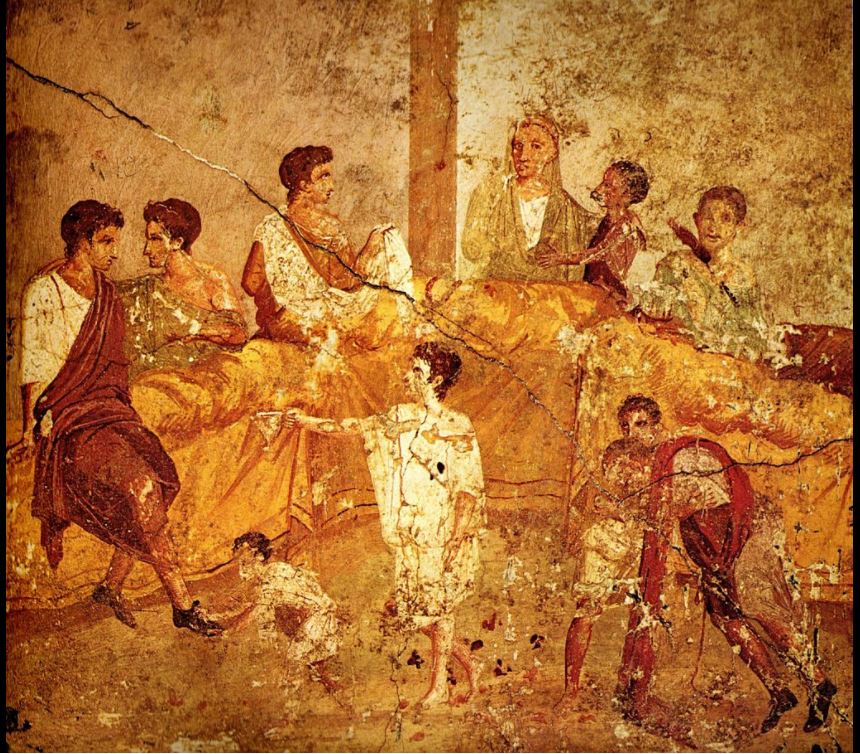
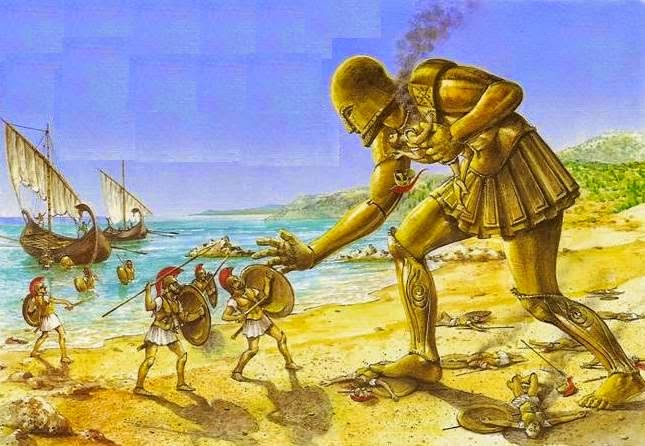
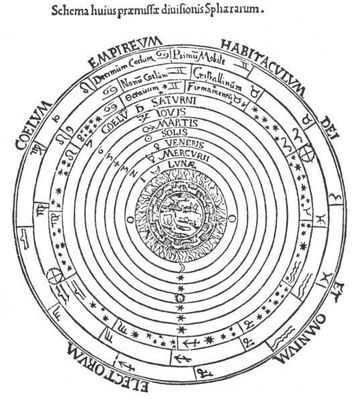
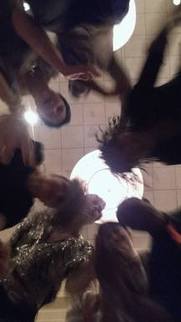


 RSS Feed
RSS Feed